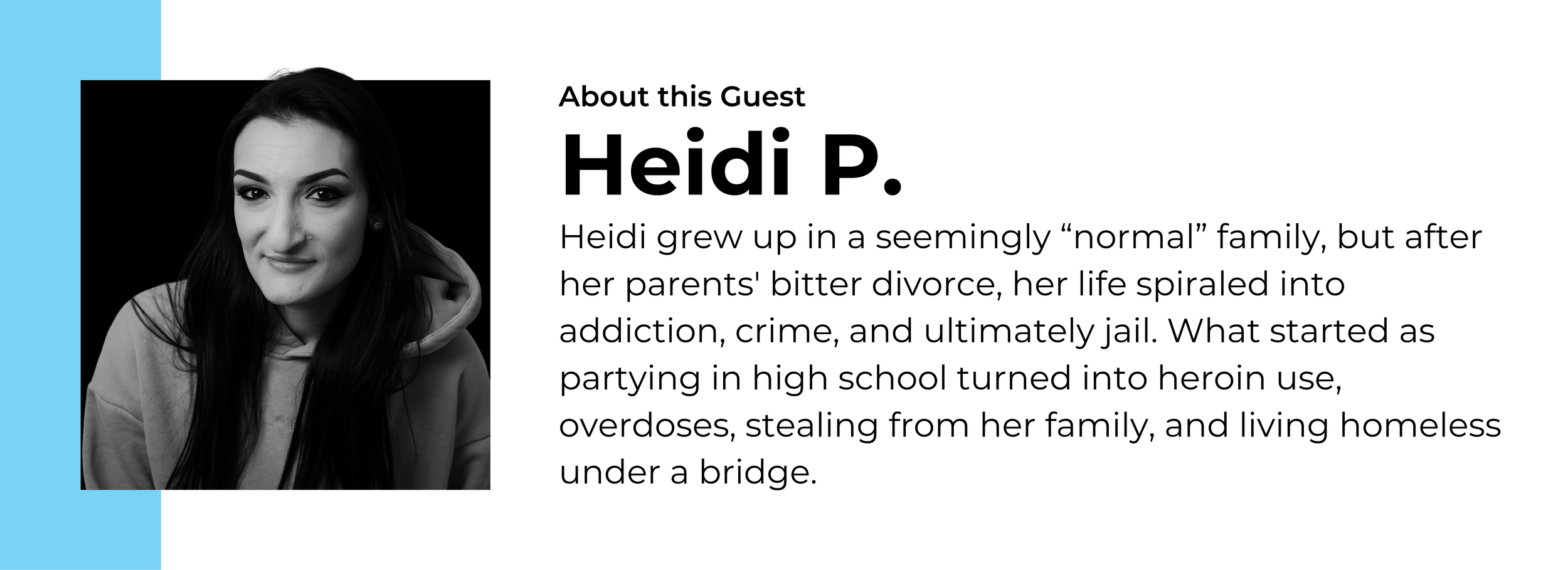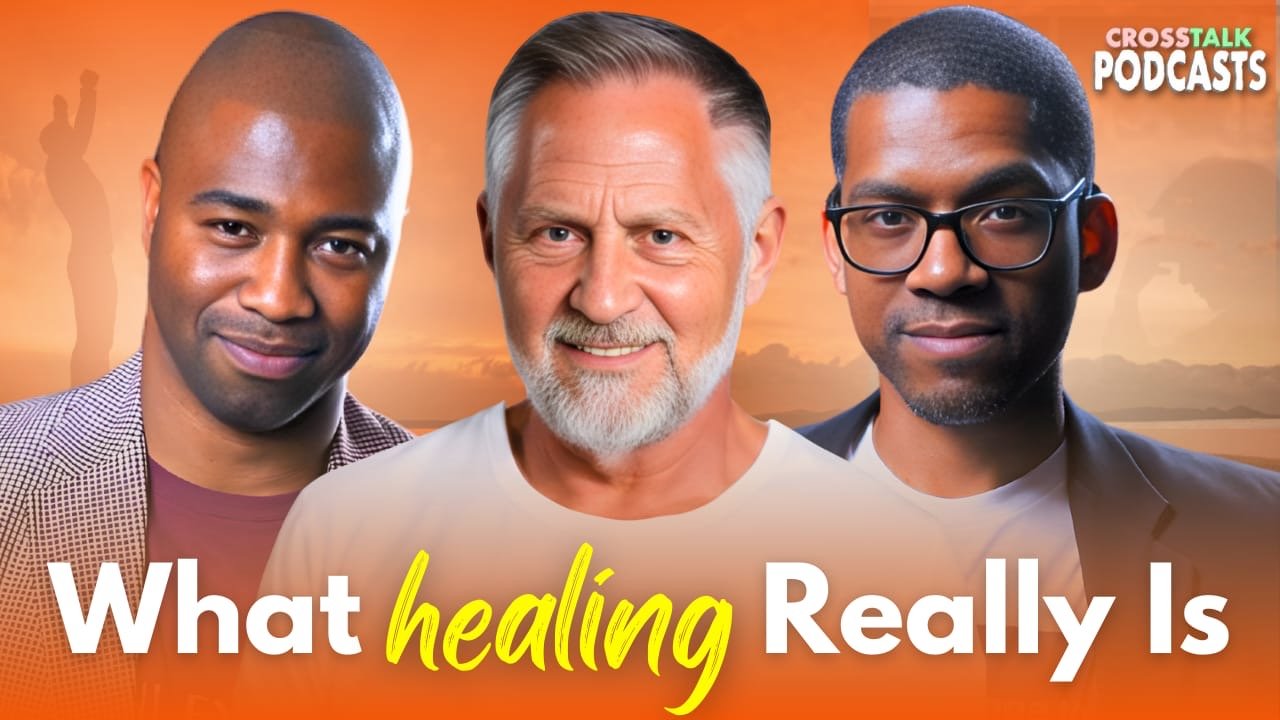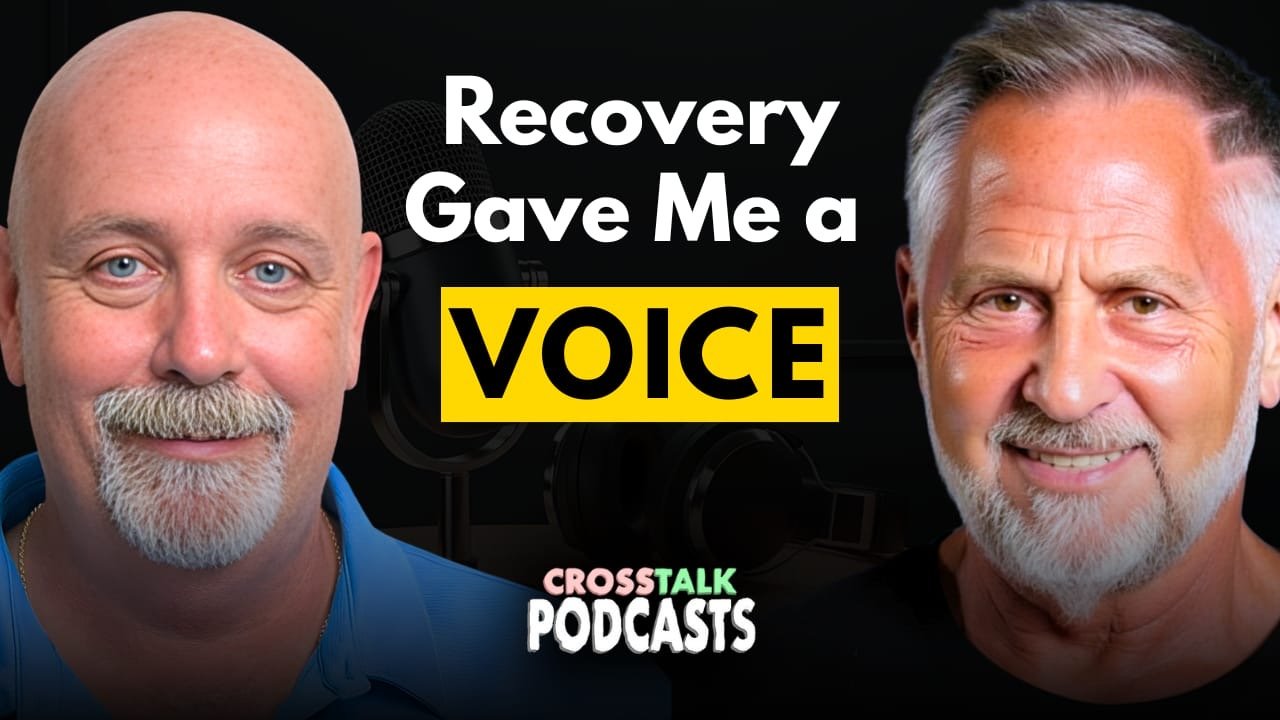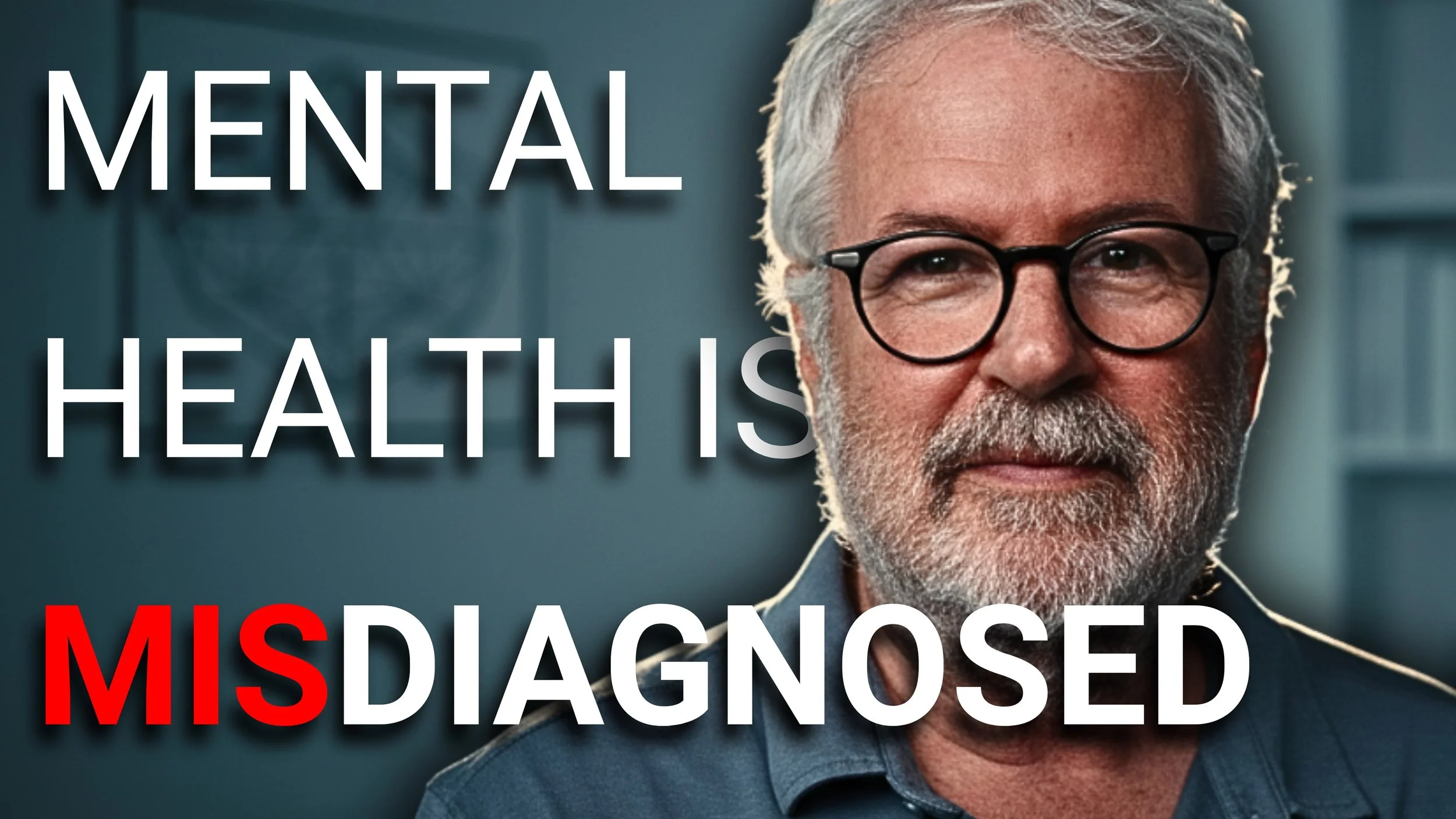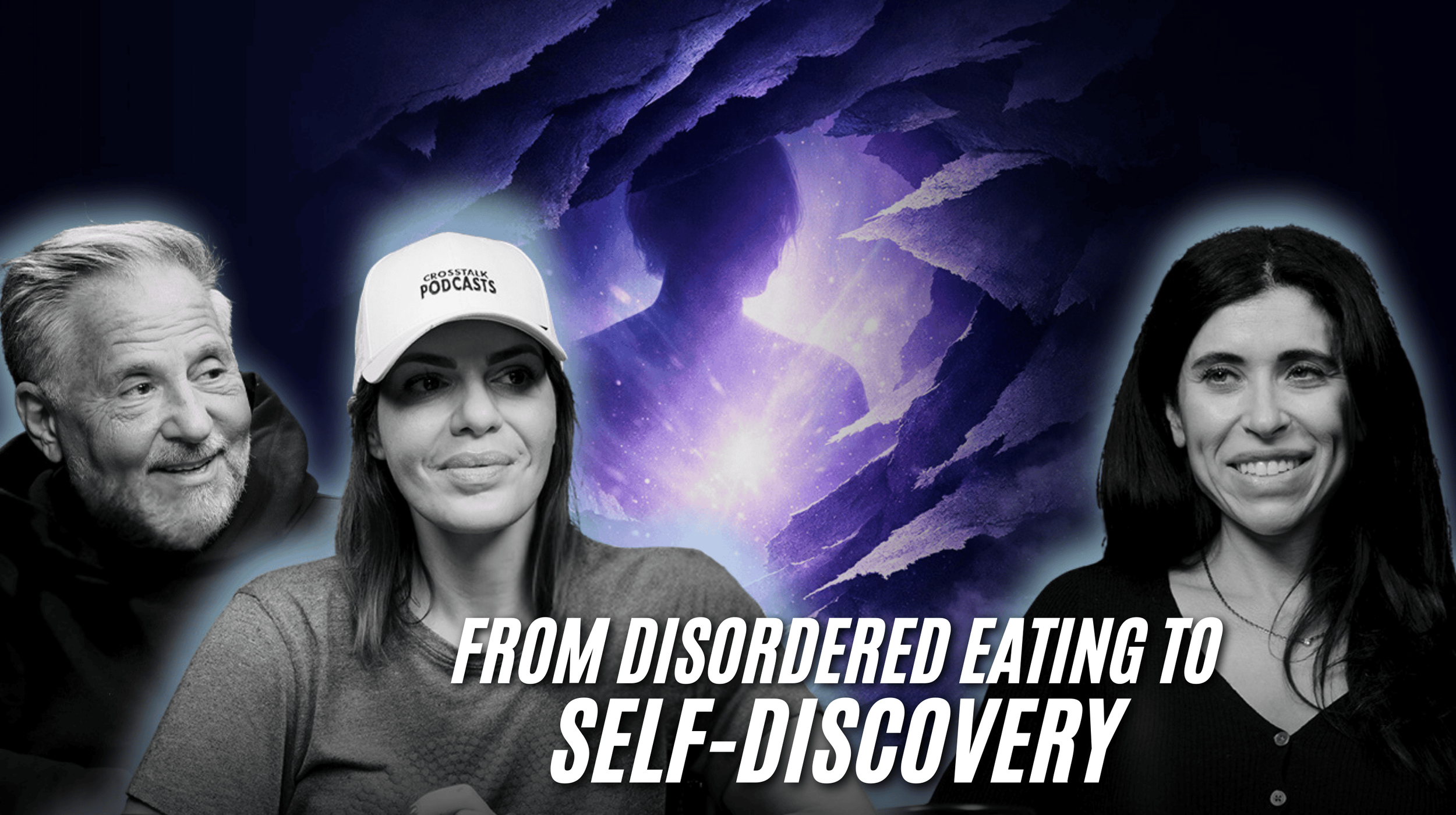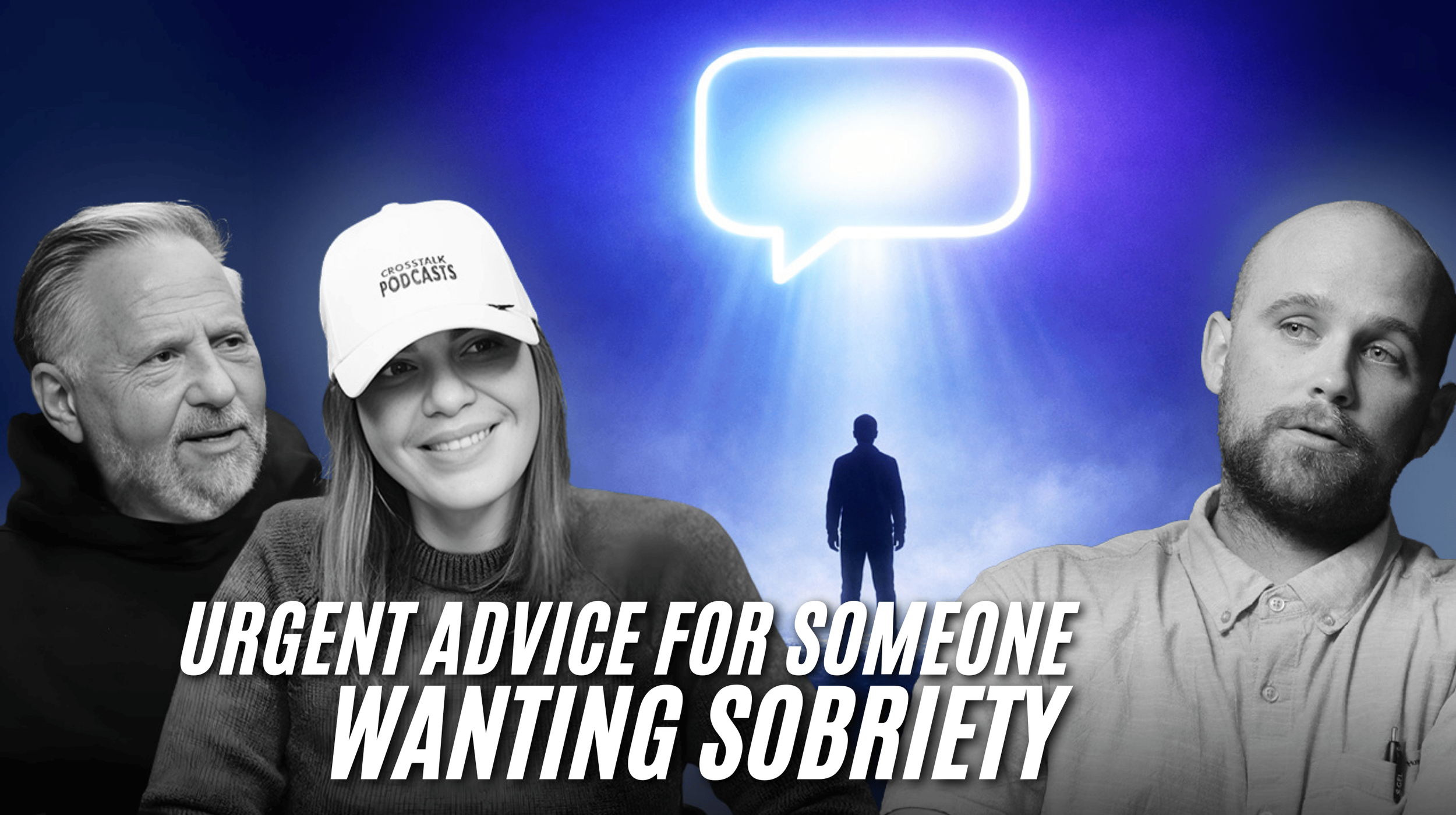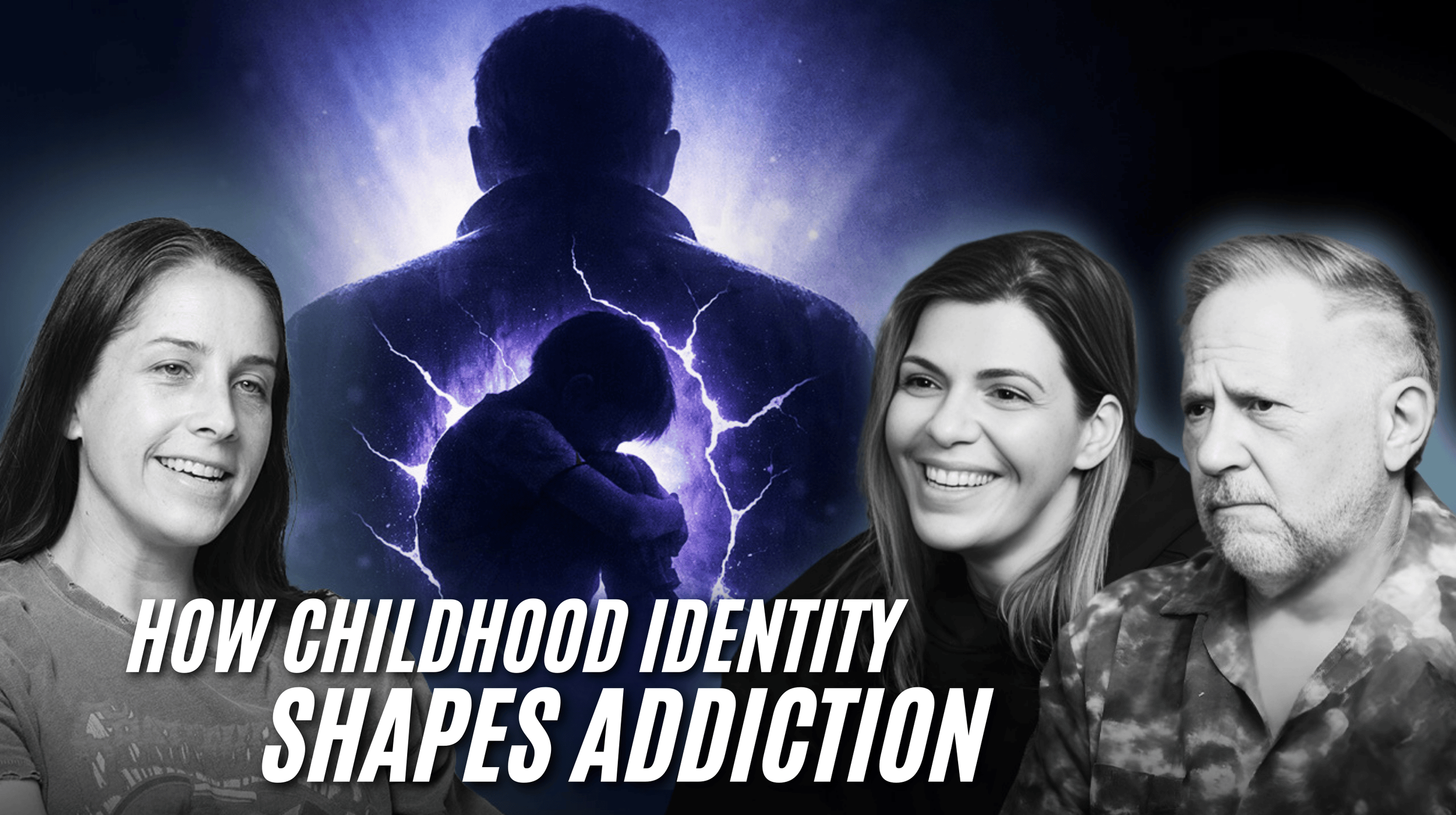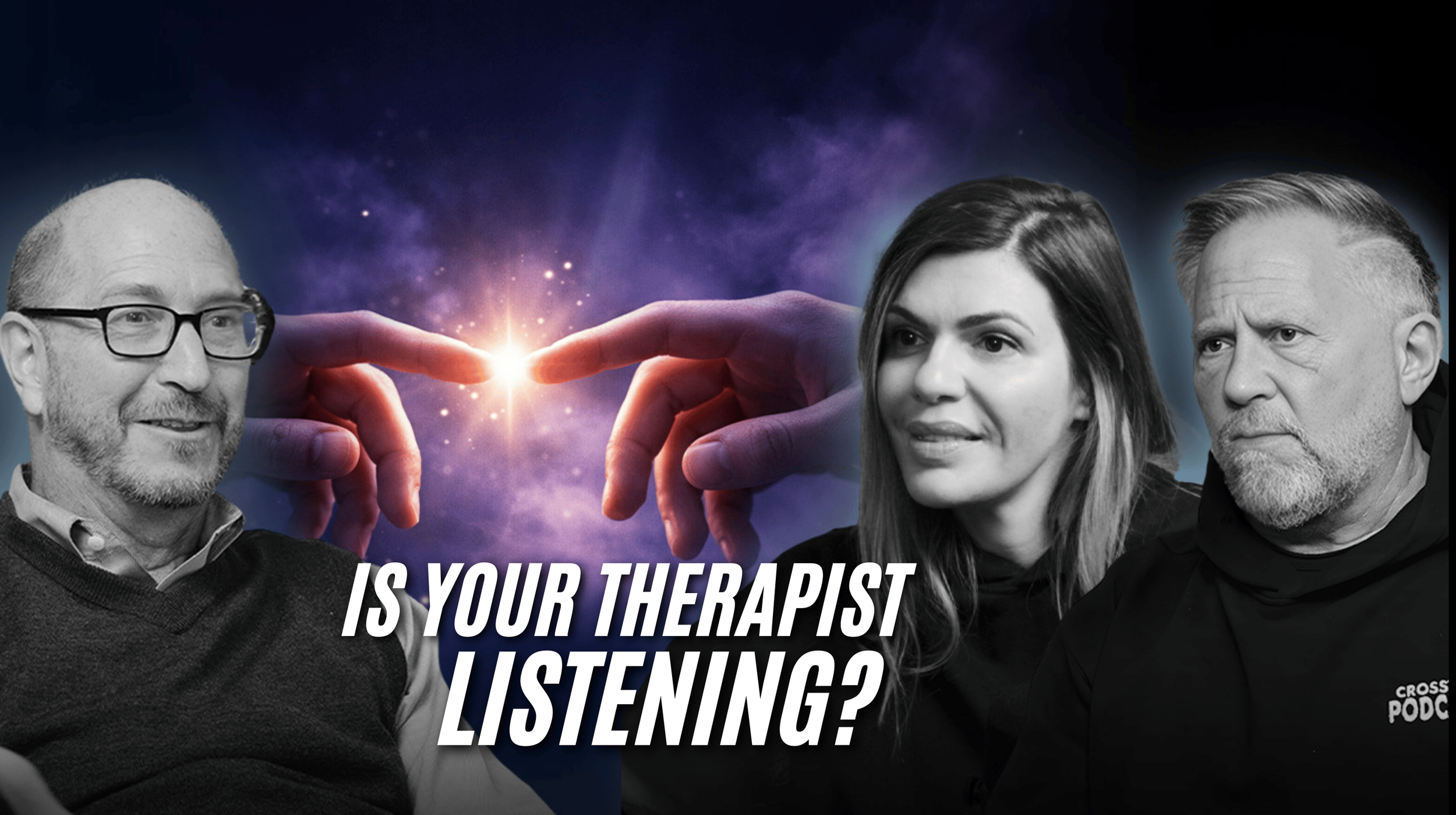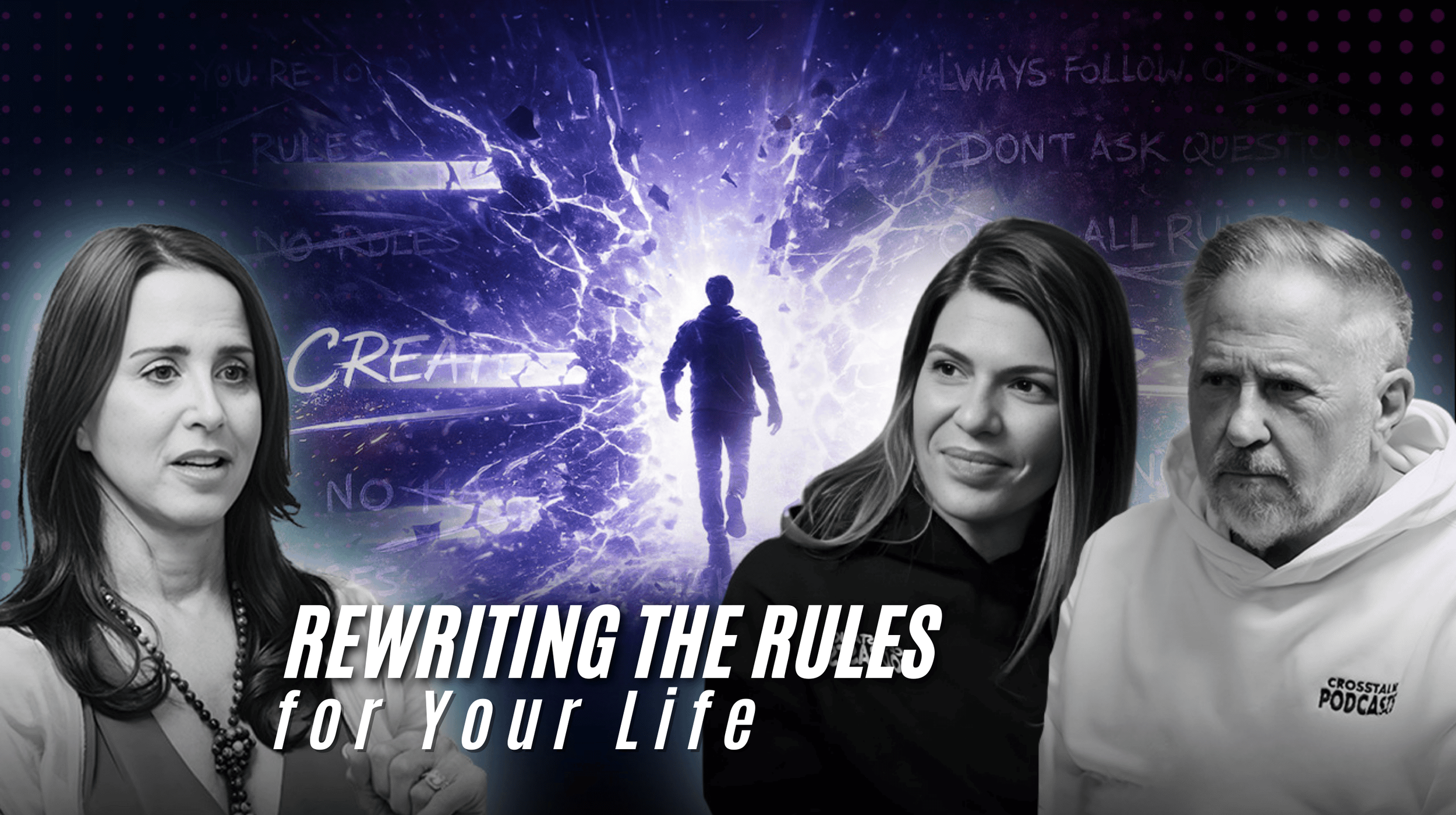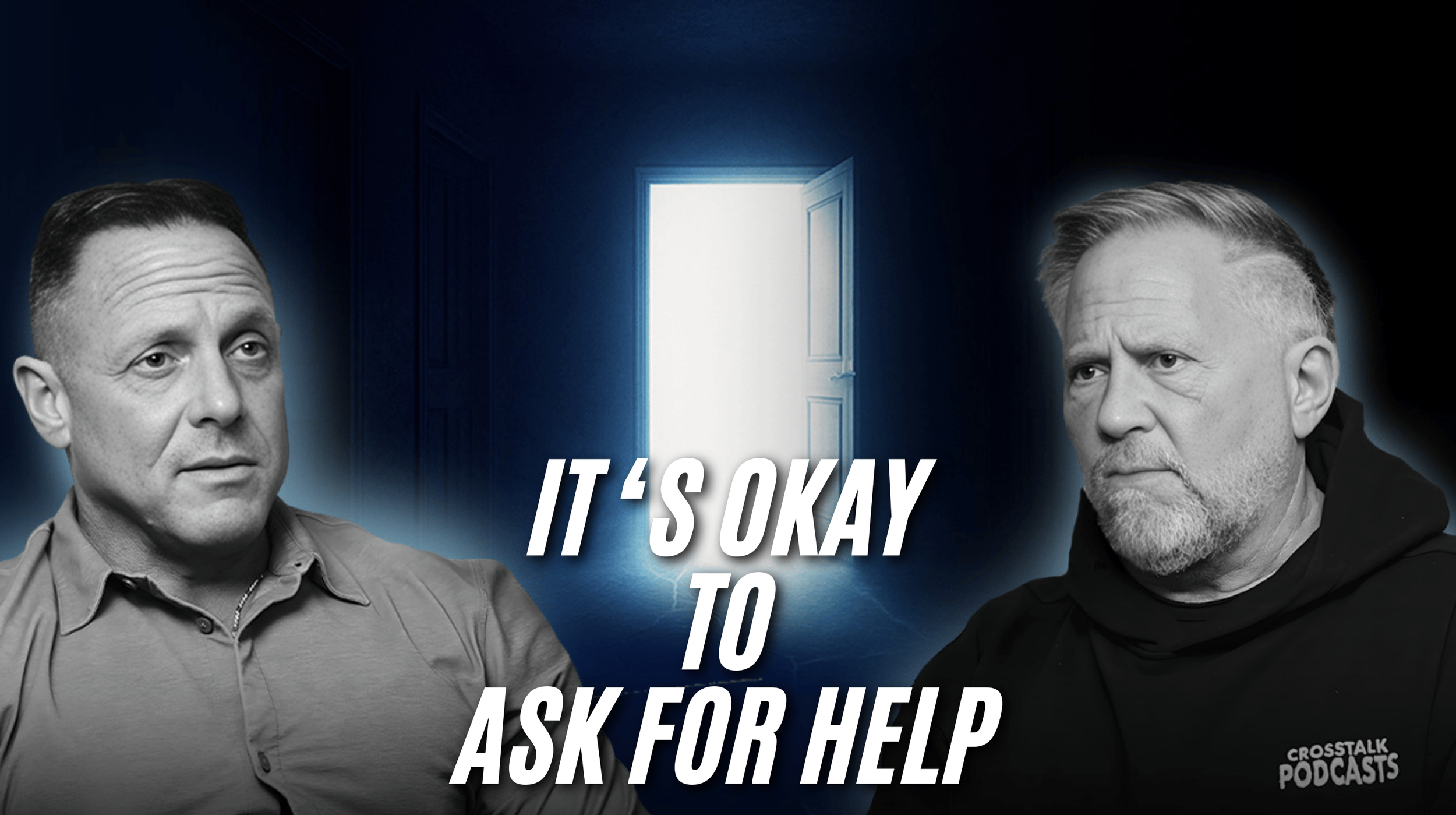How you can Survive Homelessness, Addiction, and a year in Jail? | Heidi P.
Listen or watch on your favorite platforms
From shoplifting and skipping school to injecting heroin and manipulating probation, Heidi's story is a raw look into the chaos of addiction. Her turning point came after a phone call—at the lowest moment of her life—that led to detox, faith, and a fresh start in Wisconsin. She opens up about the guilt, growth, and gratitude that came with recovery.
Growing Up & Childhood
Heidi grew up in what many would describe as a "normal" household in upstate New York. Her parents didn’t use substances, she performed well in school, and she had a good relationship with her younger brother. But her world shifted when her parents divorced during middle school. “We got to see sides of our parents we had never seen before,” she explained. The separation was messy and traumatic, leading Heidi, her mom, and her brother to live in a hotel. That’s when she started partying, blending in with friends who didn’t realize she actually lived in the hotel they partied in. Her early teen years were marked by deep confusion and a craving for belonging.
Early Consequences
By seventh or eighth grade, Heidi had started smoking weed and skipping school. “I wasn’t reaching out for help,” she said. “I was having fun.” The trauma of her broken home was masked by what felt like acceptance among her party friends. Cocaine followed soon after, and the rush of being the one who did “the most” made her feel powerful, even admired. “In my eyes, it was like I was winning.” To fund her habits, she began stealing from her parents, breaking into homes, and shoplifting. By age 15, both of her parents had kicked her out.
Escalating Chaos
Heidi's drug use escalated quickly, eventually leading her to heroin. “At first, I sniffed it,” she said. “I said I’d never use needles.” But soon, in the grip of withdrawal and desperation, she allowed someone to inject her for the first time. “Once you put a needle in your arm, you don’t go back.” Her addiction took over every aspect of her life. She overdosed several times, manipulated drug tests while on probation, and even destroyed her father’s relationships—one partner leaving after saying, “It’s either me or her.” Despite attending detoxes and rehab, nothing stuck. She stole thousands from her dad, sold his belongings, and left him emotionally and financially devastated.
Rock Bottom
The breaking point came in 2016. After stealing and pawning most of her father’s belongings, Heidi was arrested—ironically not for drugs, but because her father finally pressed charges. She had already been caught with heroin earlier that day but was surprisingly released. The true blow came when she was picked up a second time—this time for theft. “Out of all the things I did, I never expected to actually go to jail,” she said. The judge, familiar with her history, told her, “You’re of no good use to your daughter right now. Enjoy your year’s stay at Oneida County Jail.” That moment crushed her—and saved her life.
In jail, Heidi found clarity. “I wasn’t going to prison. I was going to get out and see my daughter again.” She immersed herself in recovery—attending AA, church, and taking every program available. “I didn’t want to sit there and rot.” After her release, she relapsed—but fate intervened. Homeless in Indiana, hopeless under a bridge after injecting dope with one shoe on her foot, she whispered an apology to God and accepted death. Then her phone rang. It was a man named Brad—her father’s friend, in long-term recovery—who simply asked, “Do you want to fix your life?” That call led to a one-way ticket to Wisconsin, a miracle moment she still can’t believe happened. “It was a God moment,” she said.
Final Thoughts
Today, Heidi is sober, stable, and filled with gratitude. She’s rebuilding her relationship with her father and raising her daughters. She’s surrounded by a recovery community that embraced her at her lowest and continues to lift her up. “There’s always good in the making,” she says. “Every time I was in the pits of hell, something good came out of it.” Her story is one of unimaginable lows—but also of resilience, redemption, and the unbreakable strength of the human spirit. “You totally have control of the outcome,” she adds. Heidi proves that no matter how far gone someone feels, recovery is always possible—and a life full of love, healing, and purpose is within reach.
FAQs
What are the signs that someone may be struggling with heroin addiction?
They may isolate, steal, show physical decline, or experience withdrawal symptoms when not using.Can jail really help someone recover from addiction?
For some, like Heidi, the forced separation from substances and reflection time in jail can be a wake-up call.How can families help a loved one in active addiction?
By setting boundaries, seeking outside help, and sometimes making tough decisions like pressing charges.What is a “God moment” in recovery?
It’s an unexplainable turning point that offers clarity, hope, and a path forward—often when all seems lost.What’s the first step toward recovery from heroin addiction?
Asking for help and accepting support—whether from treatment centers, recovery programs, or mentors.
Related episodes
ABOUT CROSSTALK
CROSSTALK reveals real stories of everyday people and notable figures, sharing their journeys from struggles to life-changing 'aha' moments with all kinds .


 Spotify
Spotify
